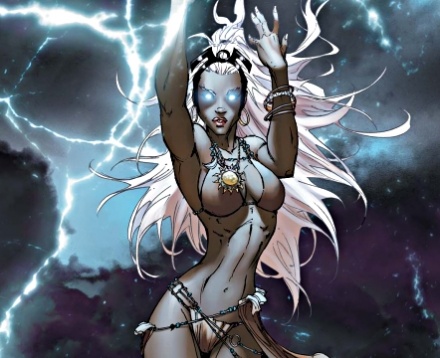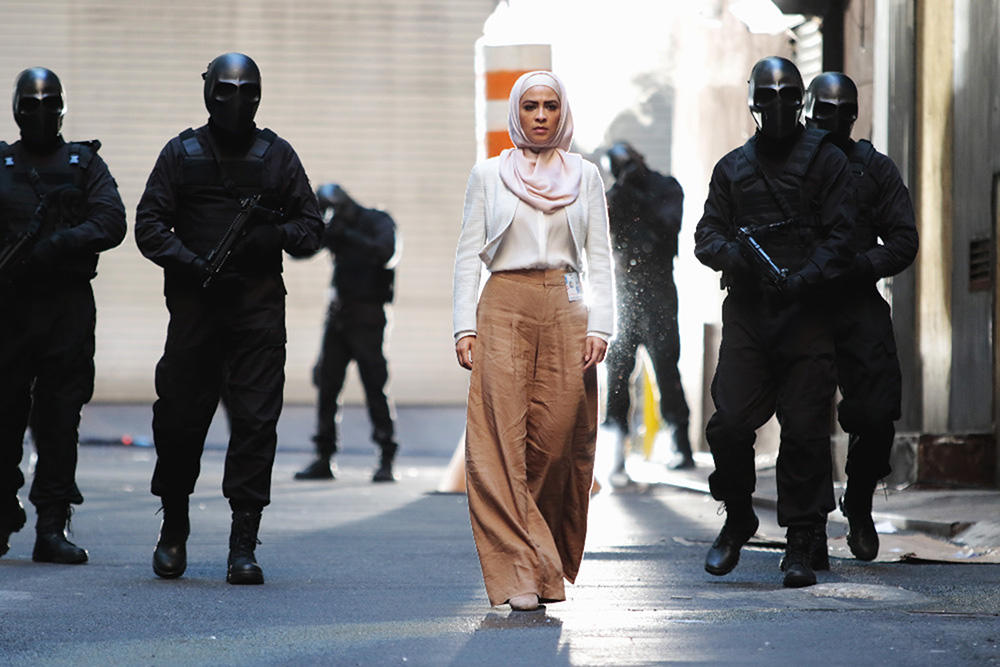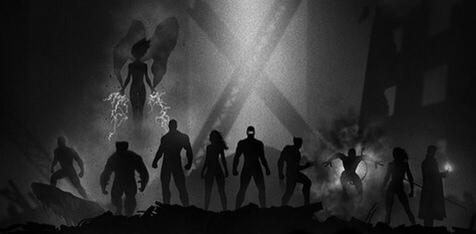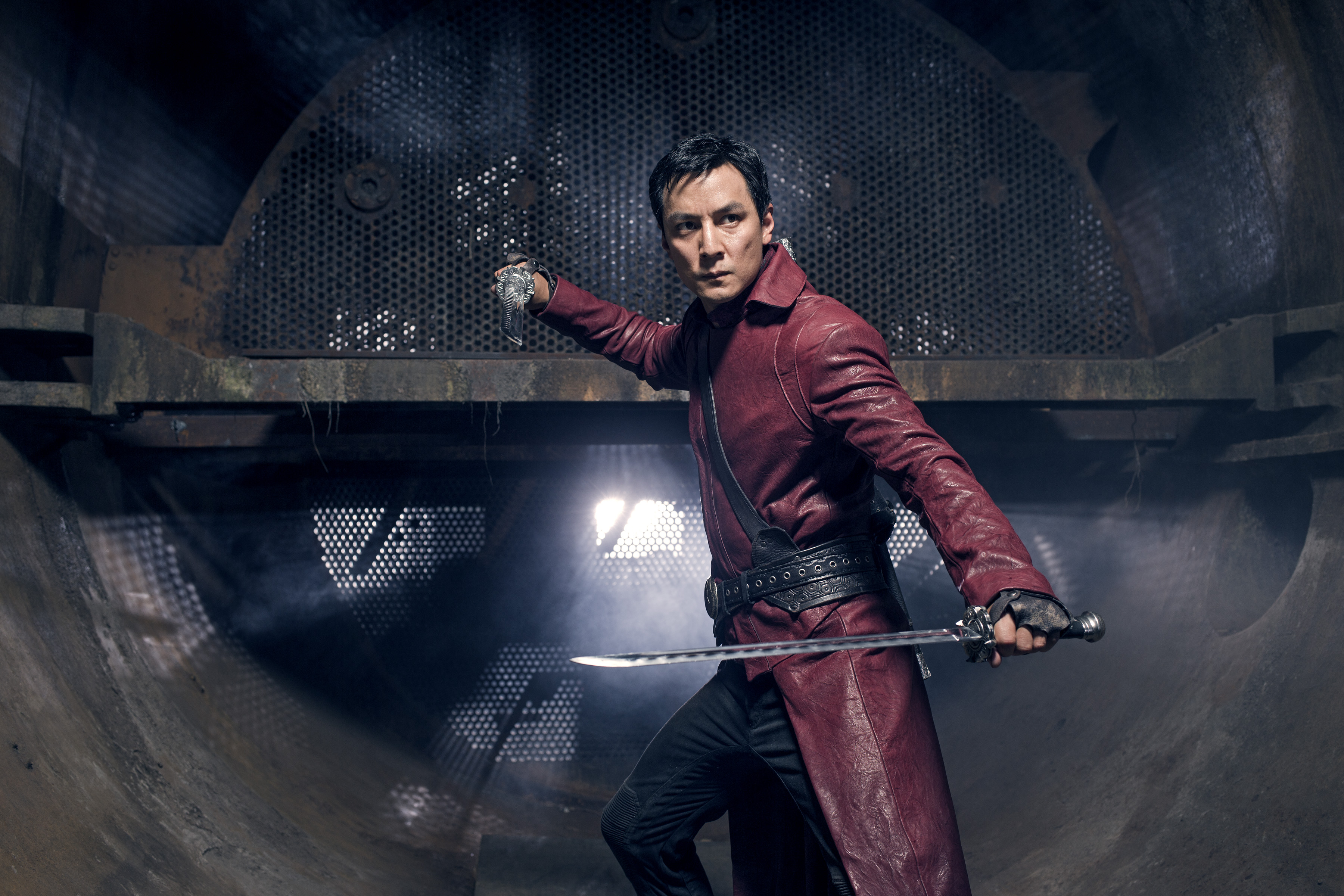Q Is For Queer Speculative Fiction
Q Is For Queer Speculative Fiction
https://thenerdsofcolor.org/2017/06/13/q-is-for-queer-speculative-fiction/
Originally published on The Future Fire
As a writer, storyteller, and a queer person of color, it goes without saying that diversity and inclusion is very important to me.
Anyone who’s known me for five seconds is aware of the fact that I’m a rabid comic book fan. It’s modern day mythology and as a writer and an artist, this medium especially appeals to me for obvious reasons. Watching beautiful muscular men is a pastime that I can live with.

Of my all-time favorite comic books, X-Men, will always hold a special place in my heart because it’s based on the Civil Rights movement. During its prime, the series consisted of a multi-ethnic cast and that diversity was also one of the key components to X-Men’s initial success. The characters came from all walks of life and that appealed to a wide demographic of fans. There was a hero and a heroine for everyone and it worked. Excellent conscious stories, compelling characters and respect of diversity is what contributed to X-Men becoming one the best-selling comics of all time. And to have Storm, a regal, beautiful, intelligent and powerful black woman lead the superhero team of a comic book company’s flagship title was progressive in itself.

Unfortunately in recent years I’ve observed massive amounts of regressing. The whitewashing in comics and other media has been well-documented. Racefail has specifically been something prominent in speculative fandom with many white fans and creators alike. I never fail to be dumbfounded to see fans creators empathize with struggles of a fictional alien race, the civil rights of vampires and mutants and in the same breath will justify why queers shouldn’t be allowed to give blood or serve openly in the military and why erasing POCs from speculative media or reducing them to token background decor is perfectly acceptable.

As I’ve said countless times, this is why the minority metaphor is not enough. Because sadly we live in a society that’s more comfortable watching blue-skinned aliens on their screens than black people or LGBTQs.

Diversity and inclusion is not about political correctness but about fixing a broken system. If we can suspend disbelief when it comes to sparkly vampires, teen wizards, and superheroes, why is having a POC or a queer protagonist as the lead such an unimaginable concept?
So how do we use SFF to connect to to real world oppression and give voices to marginalized people?

A few ideas come to mind.
Fewer Straight White Protagonists: The hero or heroine doesn’t always have to be cis, straight and white. In fact, we can stand to have FAR FEWER. POCs and queers are just as qualified to save the world. It isn’t even always necessary to tackle racism and heterosexism with these characters. Their mere existence as three-dimensional protagonists who happen to belong to a marginalized group can make a statement in itself.

Learn Your History: In regards to equal rights, what gets taught in schools and what actually happened are two completely different things. In order to understand how bigotry and institutional oppression works, one must understand the dynamics at play. Read works and accounts by marginalized people. We know our history, our culture and our struggles better than anyone. But I caution you to be prepared for some inconvenient truths. Because what gets passed as fact in mainstream society and the sobering realities of what bigotry truly is are two different things.

More Connections To Real Oppressions: One of the things that X-Men got right is that it established that Magneto was militant for mutant rights because of the scars he endured as a Holocaust survivor. Said real connections need to continue in fiction. Reginald Hudlin’s run on Marvel’s Black Panther was effective in this manner because it unapologetically explored the rampant racism that played out between the United States and the African nation of Wakanda. The Archie Comic spinoff, Kevin Keller, tackled the issue of Don’t Ask Don’t Tell. In short, it can be done.

Publishers and Editors Have To Be Proactive: In an industry where marginalized voices are…well…marginal, publishers and editors have a responsibility to seek out marginalized storytellers and allow us an opportunity to tell our stories and share our experiences. Because let’s be honest here, there’s a reason why novels featuring POC protagonists continue to be whitewashed and there’s a reason why there’s a dearth of stories featuring queer characters as the primary protagonists. More than just a moral obligation, it’s simply good business. POCs and LGBTQs are overlooked and virtually untapped markets both of whom are all too eager to spend sums of disposable income supporting media that portrays us in an honest and respectful light. So don’t just do it for the right reasons, do it for the bottom line.

In addition to escapism, speculative fiction is supposed to challenge us to progress, evolve, and think forward. Thinking doesn’t get any more forward than equality for all.

